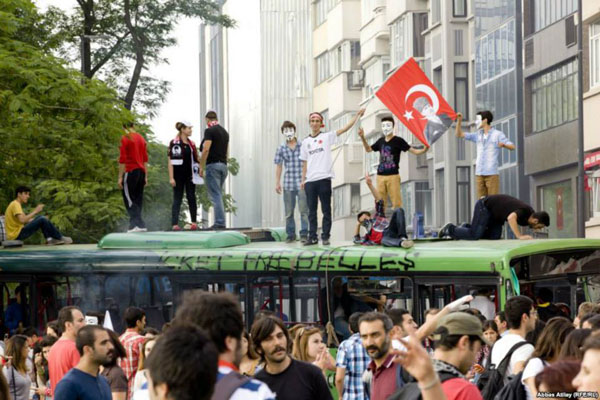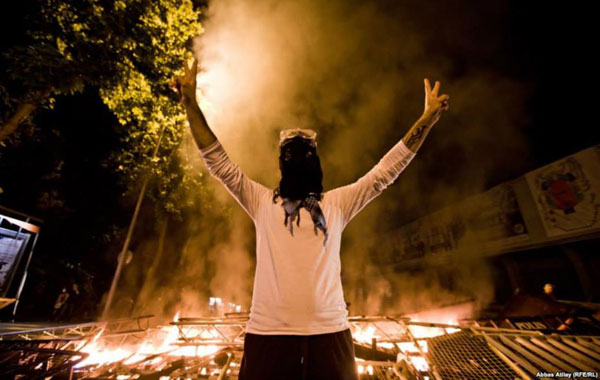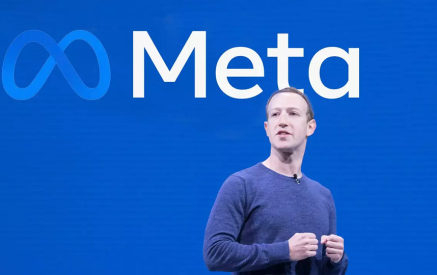According to Richard Kirakosyan, though slow, but undeniable progress is undeniable, “Aravot.am” asked the director of the Center for Regional Studies Richard Kirakosyan to express his thoughts on the recent outbreaks of Istanbul and give parallels between the Armenian and Turkish civil movements. “For Armenia, the events in Turkey, including demonstrations and anti-government protest actions, are important in three ways. First of all, Armenia as a neighboring country should closely follow any kind of significant event in Turkey. Second, under the trials of “normalization” of relations, the events in Turkey are very important aspect of Armenia’s foreign policy. And third, Turkey is an “exceptional” country for Armenia, which is conditioned with the fact of the Armenian Genocide. Consequently, whatever refers to the Turkish government to be unacceptable, also relates to the recognition of the Armenian Genocide. There are two parallel and contrast between the Armenian and Turkish civil movements. In two countries, Armenia and Turkey, there is a wave of widespread dissatisfaction with the governments. The two governments are considered to be not enough democratic and authoritative. Therefore, analyzing the gaps of
Turks, the outbreaks of demonstrations in Istanbul, we see that the efforts of the Prime Minister Erdoghan towards mitigation of the situation, resulted in a bigger wave of disorders and expansion of the mentality that Turkish AKP government is authoritative and arrogant. As for the differences, if there is a wave of protests and demonstrations in Turkey, they are just missing in Armenia.” Our activists have expressed their support to the Turkish activists and even criticized by some parties and politicians, meanwhile the Turks showed indifference to the actions related to the park on Mashtots street and other movements. To the question what can you say about this, R. Kirakosyan replied, – “Perhaps the Turkish civil society is less interested in the issues of Armenia, which is natural. Turkey is a big country, and, in that context, domestic issues are more important for Turkey than the issue of genocide. But I think that the civil society in Turkey is changing. For example, this year I was in Istanbul on April 23, and was impressed with those unusual days. This is the fourth year that genocide commemoration events are held in different cities of Turkey, which are organized by representatives of ethnic Turkish civil society and local Turks. For years, such arrangements seemed impossible on April 24, it is now possible.
Read also
By the way, April 24 is not an “Armenian” issue for Turkey. Everything has outgrown deeper into the struggle for democracy, human rights, and tolerance in Turkey. At the same time, it also assumes a struggle in other fields related to the past of Turkey. April 24 in Turkey has a deeper meaning with regard to the future. They symbolize the burden of load of rejection in years. In fact, the struggle is to resist the past of Turkey and to review the identity of Turkey. On one hand, although small, there are Turkish civil society movements and intellectuals, who throw down a gauntlet to the Turkish history and rejection of identities. It is still unclear as to what direction Turkey will go, but it is essential that there are such quivers in the bounders of Turkey. I hope that the Turkish society is going to face the past and there is a tendency to raise the Armenian genocide, slowly, but the progress is undeniable. The delay will lead to the destruction of those who distort the past. ”
Eva Hakobyan
Photos from Richard Kirakosyan’s Facebook page


























































